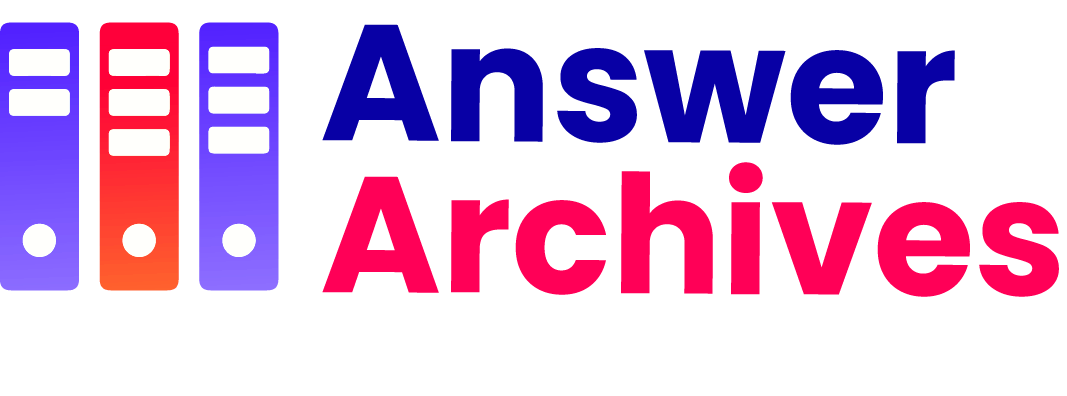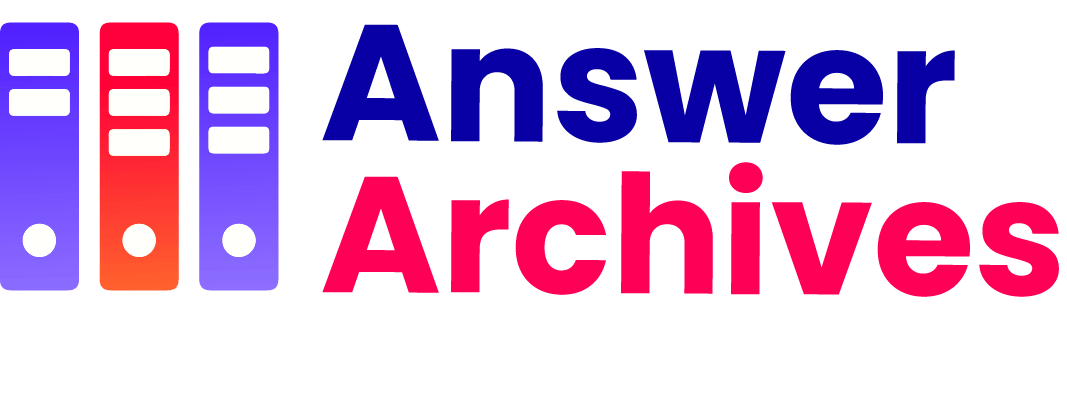Table of Contents
The healthcare sector is undergoing a significant transformation, utilizing innovative solutions to improve patient interaction and practice administration, streamline processes, and enhance efficiency.
Telemedicine: Bridging Distance and Time
Telemedicine has transformed patient interaction by enabling remote consultations through video conferencing, bridging the healthcare gap, especially in rural areas. It reduces in-person visits, saves time and costs, and improves care management. Telemedicine also enhances practice administration efficiency by reducing overhead costs. As integrated into healthcare systems, its role is expected to expand.
Electronic Health Records: Enhancing Data Management
Electronic Health Records (EHR) have revolutionized patient information management, enabling healthcare providers to access and share data more easily. EHR systems store patient histories, treatment plans, and lab results in digital format, ensuring accuracy and accessibility. This improves care coordination, reduces administrative burden, and minimizes errors in handwritten records. EHR integration with other health information technologies aids in clinical decision-making and optimizes treatment plans, ultimately leading to better patient outcomes.
Artificial Intelligence: Advancing Diagnostic Accuracy
Artificial Intelligence (AI) is playing a growing role in advancing diagnostic accuracy and personalized patient care. By analyzing vast amounts of data, AI algorithms can identify patterns that might be missed by human practitioners, providing early detection and prognosis of diseases such as cancer. AI-driven tools help in interpreting medical images, predicting patient outcomes, and even suggesting treatment plans tailored to individual patients. This technology not only enhances the precision of diagnoses but also streamlines practice administration by automating routine tasks like appointment scheduling, patient follow-ups, and data entry. Moreover, AI-powered virtual assistants are being used to manage patient inquiries, providing timely information and support, thus improving patient engagement and satisfaction. As AI continues to evolve, its applications in medicine will likely expand, offering new ways to improve patient care and operational efficiency.
Wearable Technology: Monitoring Health in Real-Time
Wearable technology, such as smartwatches and fitness trackers, is transforming how patients monitor their health in real-time. These devices can track vital signs, physical activity, sleep patterns, and other health metrics, providing continuous data to both patients and healthcare providers. This real-time monitoring enables early detection of potential health issues and allows for timely interventions. Wearable devices promote patient engagement and self-management of chronic conditions by providing insights into their health status and the impact of lifestyle choices. For healthcare providers, the data collected from wearables can be integrated into EHR systems, offering a comprehensive view of the patient’s health and enhancing decision-making processes. Additionally, wearables can alert healthcare providers to emergencies, such as heart irregularities, allowing for prompt response and potentially saving lives. The integration of wearable technology into healthcare practices is fostering a more proactive approach to health management and preventive care.
Practice Management Software: Streamlining Administrative Tasks
Practice management software has become an essential tool for streamlining administrative tasks in medical practices. These systems automate various functions such as patient scheduling, billing, coding, and reporting, significantly reducing the workload on administrative staff. By handling these tasks efficiently, practice management software allows healthcare providers to focus more on patient care rather than administrative duties. Such software also improves patient interaction by offering features like online appointment booking, automated reminders, and patient portals where individuals can access their health records, test results, and communicate with their healthcare providers. The seamless integration of practice management software with EHR systems ensures that all patient information is synchronized, further enhancing the quality of care. Additionally, these systems provide valuable analytics and reporting tools that help practices monitor performance, identify areas for improvement, and ensure compliance with regulatory requirements. As healthcare continues to embrace digital solutions, practice management software will play a crucial role in optimizing operational efficiency and improving patient satisfaction.


